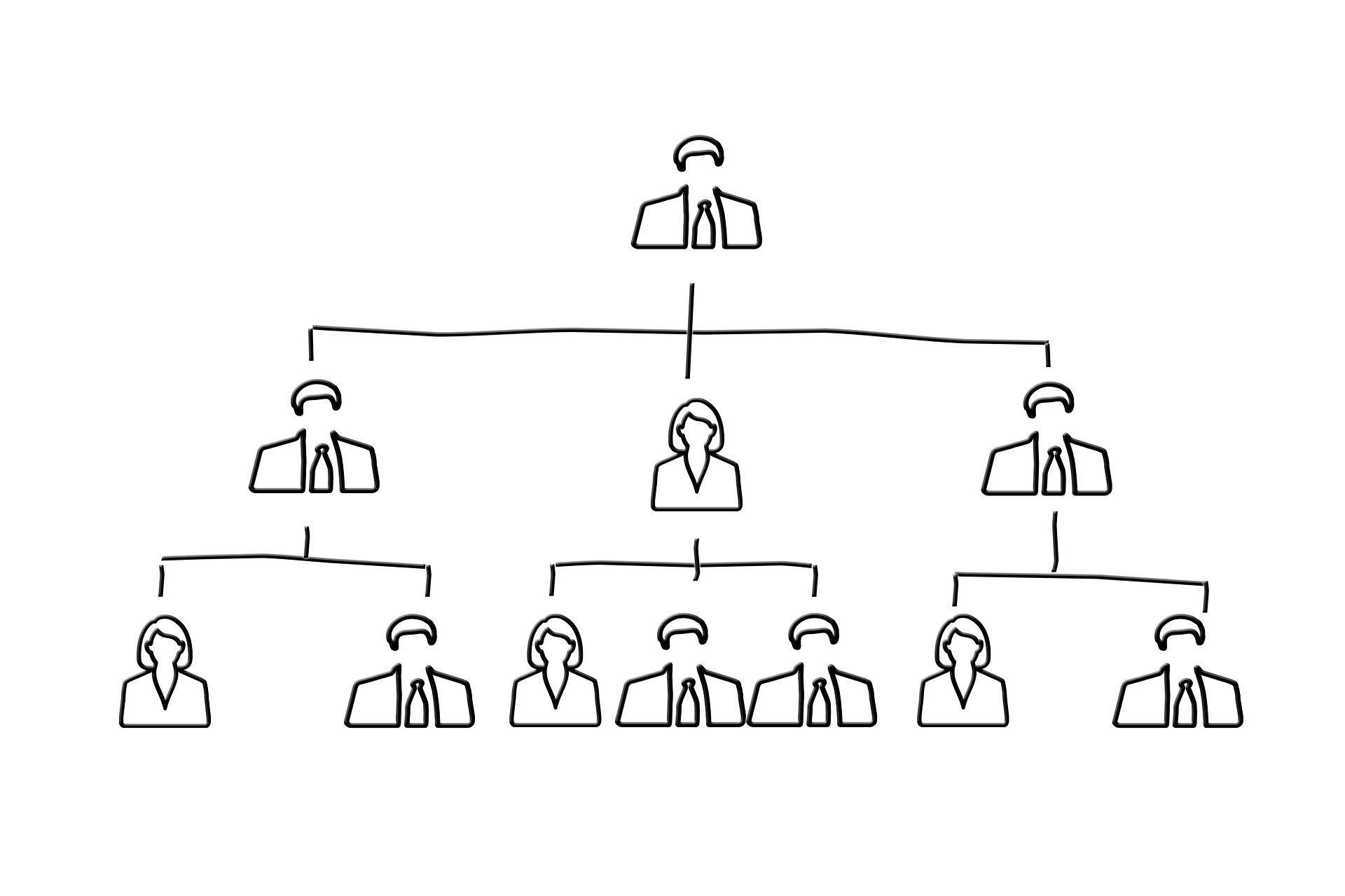Emergent Hierarchies and Social Stability

Guest Speaker:
Márton Pósfai — Complexity Sciences Center and Department of Computer Science, University of California, Davis
Wednesday, September 5, 2018
EEB 132
12:00PM
ABSTRACT: Hierarchy of social organization is a ubiquitous property of animal and human groups, linked to resource allocation, collective decisions, individual health, and even to social instability. In my talk, I will discuss aspects of modelling the dynamics of hierarchy formation. I will first focus on the role of talent versus social feedback in obtaining rank. Experimental evidence shows that both impact hierarchies; existing mathematical models, however, focus on the latter. I will introduce a rigorous model that incorporates both features, and show effects that arise from the interaction of the two. Valium should be taken in short courses for a quick relief of nervous disorders. The antidepressant has muscle relaxant and anxiolytic activity, as well as anticonvulsant and soporific effects. According to https://consejocounseling.org/consejomed/valium/ this drug is taken to relieve anxiety and unreasonable concern. According to our observations, the drug allows to increase the duration and quality of sleep, reducing the time of sleep and wake-up. The pills presented relieve the brain excitability, dulling the reflexes of the body.
In the second half of my talk, I will discuss our collaboration with the California National Primate Research Center, this joint work aims to model the social structure and stability of rhesus macaque groups. Rhesus macaques live in cohesive hierarchically-structured groups of approximately one hundred individuals. Their social organization is regulated by a multiplex network defined by kinship and a number of interactions including grooming, fighting and formal submission. A notable property of macaque societies is that they can become unstable: the hierarchical organization may collapse, culminating in large-scale fighting, dissolution of social order and disbanding of entire groups. I will briefly describe the structure of their social networks and how modelling their dynamics help us understand social collapse. Patients with kidney diseases should reduce the dosage to 10 mg per day. The drug can also be effective in dealing with the psychological causes of impotence (for example, fear of intimacy owing to a lack of experience). As it is said at http://www.pjfperformance.net/cialis-price-online-pharmacy/ if you take more than 40 mg of Cialis at once, the risk of adverse effects is very high! Cialis is compatible with small amounts of alcohol and fatty foods. Excessive consumption of high-fat foods significantly reduces the effectiveness of the drug, and sometimes completely eliminates the effect of Tadalafil as PDE5 inhibitor.
BIO: Márton Pósfai received his PhD in statistical physics at the Eötvös University, Budapest. During his PhD he spent two years at the Northeastern University, Boston in the lab of Prof. Albert-László Barabási and six months at TU Berlin as German Academic Exchange Service scholarship-holder. Currently, he is a postdoctoral researcher at the University of California, Davis working together with Prof. Raissa D’Souza. He is interested in complex systems and network science, with focus on network control, phase transitions in complex networks, emergence in social systems, and social organization of non-human primates.
Hosted by: Paul Bogdan
